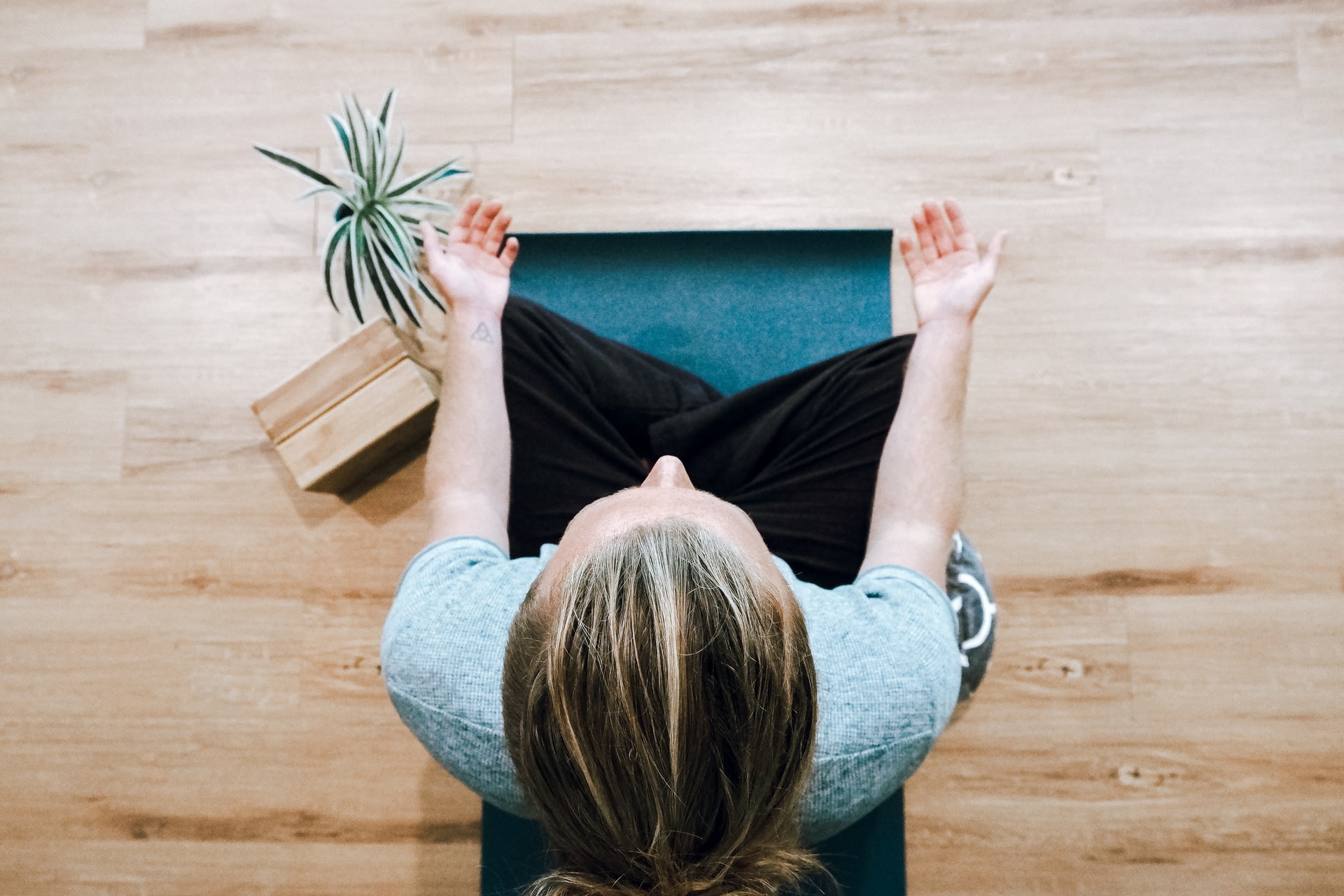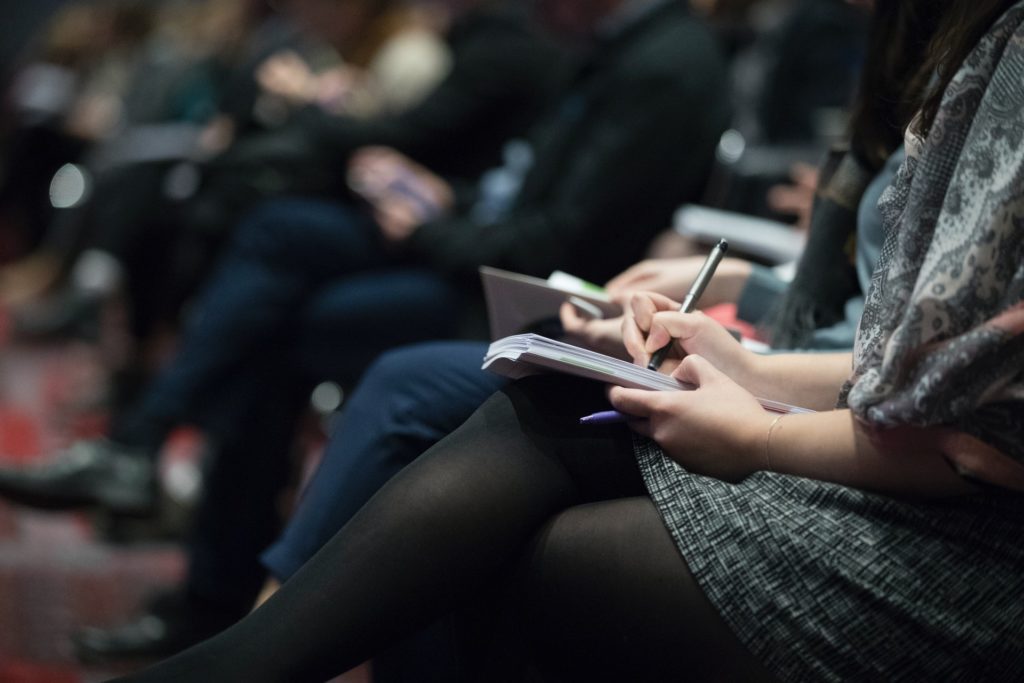Opinion: Counselling shouldn’t be out of reach for journalists
Everybody deserves to look after their mental health.
Working within a high-pressure industry such as journalism, a toolkit is needed to protect one’s sanity and should be a cornerstone when sending young professionals out into the field.
These pressures can include working under time-restraints, meeting deadlines or chasing potential interviewees. Behind the scenes contains many more variables than you might expect.
Not everyone is built to produce original and snappy content in these conditions and journalists could be at risk of burnout if they do not have access to the mental health infrastructure they need.
Many suffer from mental health issues, yet, our society often encourages people to push through times of hardship. Listening to symptoms and looking after our needs can be seen as a sign of weakness, but if our cups aren’t full, how can journalists serve communities and report on current affairs?

A journalist is faced almost daily with stories of crime, illness, war or injustice and are expected to remain well-informed and up-to-date with goings-on.
Unfortunately, tragedy makes the news and this can have a huge impact on the journos behind the stories. People are more interested in the news when their anxieties about the world are being fuelled by current events, for example, the Russo-Ukrainian war or the Coronavirus pandemic. For some journalists, giving a voice to events like that can give them a sense of heroism, it matters that people’s stories are being heard.
Tragic reports on subjects like this could paint a picture of the world being a bad, unfair, and dangerous place and this is something people should be able to access counselling for. Looking at the world through these lenses of horror seeps into every aspect of human life and can seem inescapable.
Not to mention war correspondents and foreign correspondents, whose lives are often in the middle of conflict, can be affected drastically and permanently.
I’ve been experiencing a lot of fear and anxiety due to the amount of news I’ve come across throughout my studies as a journalism student.
No one should be ignorant of current affairs, as we’re all part of this world; sharing the same planet, living at the same time over our whole existence. And therefore, I believe, people should be involved with their surroundings as much as they can.
Regardless, my proposed idea to cope with these issues is to develop a practice focused on processing triggering information on an internal level. There is an opportunity for critical thinking when debating the amount of information people consume, especially with the rise of misinformation online.

However, another step further could be teaching emotional awareness in relation to the type of information we consume.
We should allow for a balanced place where we’re able to accept the facts, yet, still remain sane and grounded in life through coping techniques. The media shouldn’t paint the ultimate picture of one’s reality. It also shouldn’t capitalise on human disasters and the uneasiness of its audiences.
Freelance journalist and columnist Christopher CJ Stone thinks most journalists are insane. He also thinks that there are certain practices (many are thousands of years old) that would benefit everyone, especially aspiring journalists. One of these practices is his morning meditation before he starts writing.
“You’ve got to develop a mental balance, keeping your mind clear. ‘Stop the world I want to get off!’ is the old phrase that comes to mind, but meditation provides that. It stops the world for a moment.”

Journalists are not the only people coping with bad news. On a daily, media occupies our mental space, it has the ability to wrap us up in our own biases or prejudices.
When Mr Stone was asked how to deal with the collective distress caused by negative events presented in the press, he encouraged establishing a healthy mindset.
“In the end, you have to take a positive view on life regardless of what’s happening. How do you deal with that? Do you get angry at the world? You don’t, you simply have to let these things be. There is horror in the world, but you have to keep your own perspective on it.”
Serving communities and working towards bettering the world in which we live, comes with a price.
Looking after our thoughts and beliefs reflects on what we send back into the world. Without purposeful mental strengthening and nurturing, we’re setting ourselves into an unsustainable future, where all parties end up overwhelmed and unable to handle the influx of negative rhetoric.
Feature image: Unsplash – TheClimateRealityProject
